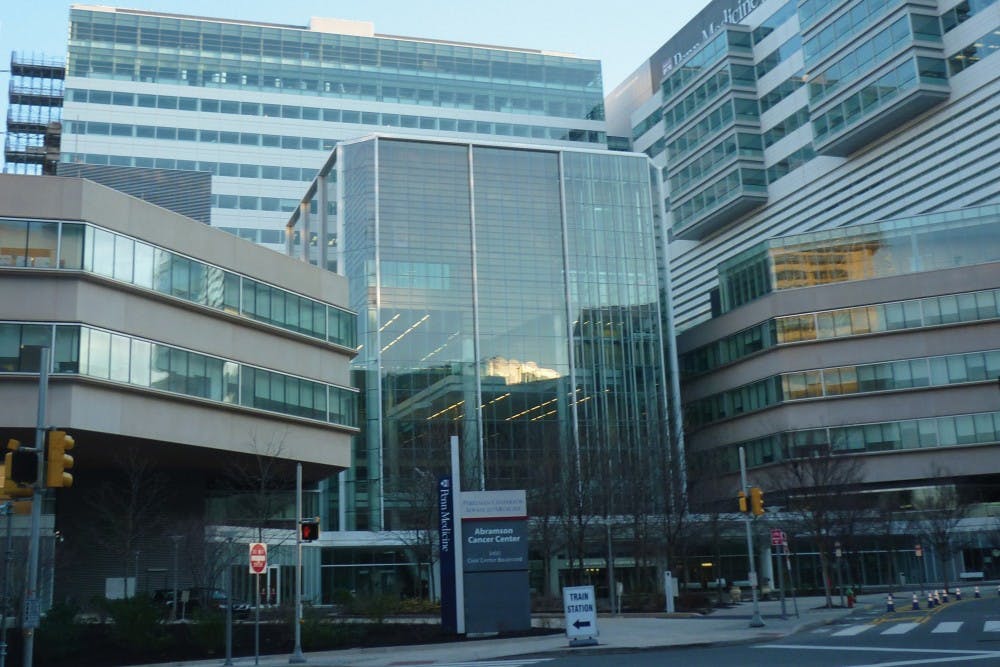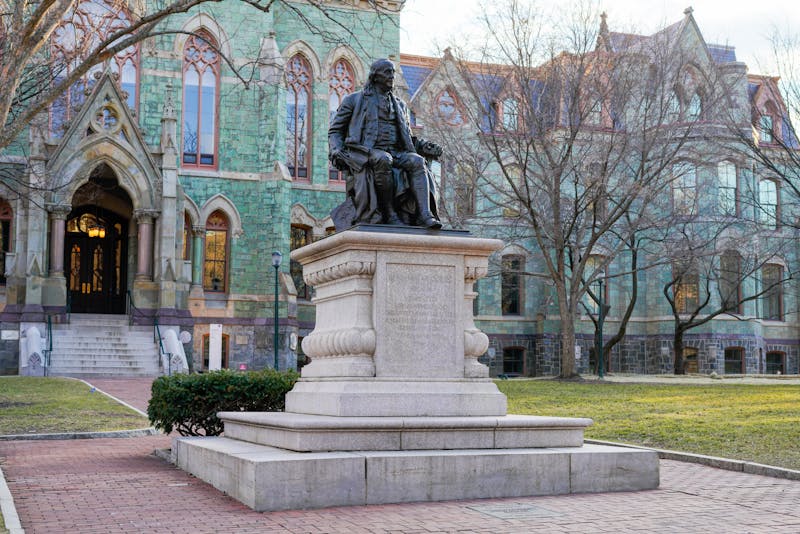
Researchers at the Abramson Cancer Center will conduct five novel experiments on patter recognition signaling and interferon and their roles in immunotherapy against cancer. (Austinmurphy // CC BY-SA 3.0)
Penn will use a $12 million grant to establish a new cancer research center.
The new center, called the Mark Foundation Center for Immunotherapy, Immune Signaling, and Radiation, will study the link between radiation and immunotherapy, according to Penn Medicine News. Penn Medicine signed the grant with The Mark Foundation for Cancer Research on May 31, according to EurekAlert.
Researchers from Penn Med's Abramson Cancer Center will use the grant funding to conduct five projects on the role of interferon and pattern recognition receptor signaling, and their effects on the immune system’s ability to fight cancer.
“These projects have the chance to change the paradigm when it comes to cancer treatment,” said Andy J Minn, the center's new director, to Penn Medicine News.
The American Cancer Society named the Abramson Cancer Center a recipient of the Partners in Health Initiatives Award in 2015. ACS awards the recognition to a partner who has “enabled the American Cancer Society to effectively and impactfully reach large and varied audiences whom, without the aid and assistance of the partner, the American Cancer Society would not have been able to reach," according to NewsWise.
Minn, also an associate professor of radiation oncology at Penn Med, told Penn Medicine News that understanding the benefits of radiation therapies for the field of immunotherapy is key to helping cancer patients.
The Mark Foundation CEO Michele Cleary added that the foundation expects new insights into cancer biology that could improve treatments’ success and minimize toxicities, according to Penn Medicine News.
"We look forward to working with this powerhouse team over the next five years and beyond,” Cleary said.
The Daily Pennsylvanian is an independent, student-run newspaper. Please consider making a donation to support the coverage that shapes the University. Your generosity ensures a future of strong journalism at Penn.
Donate






